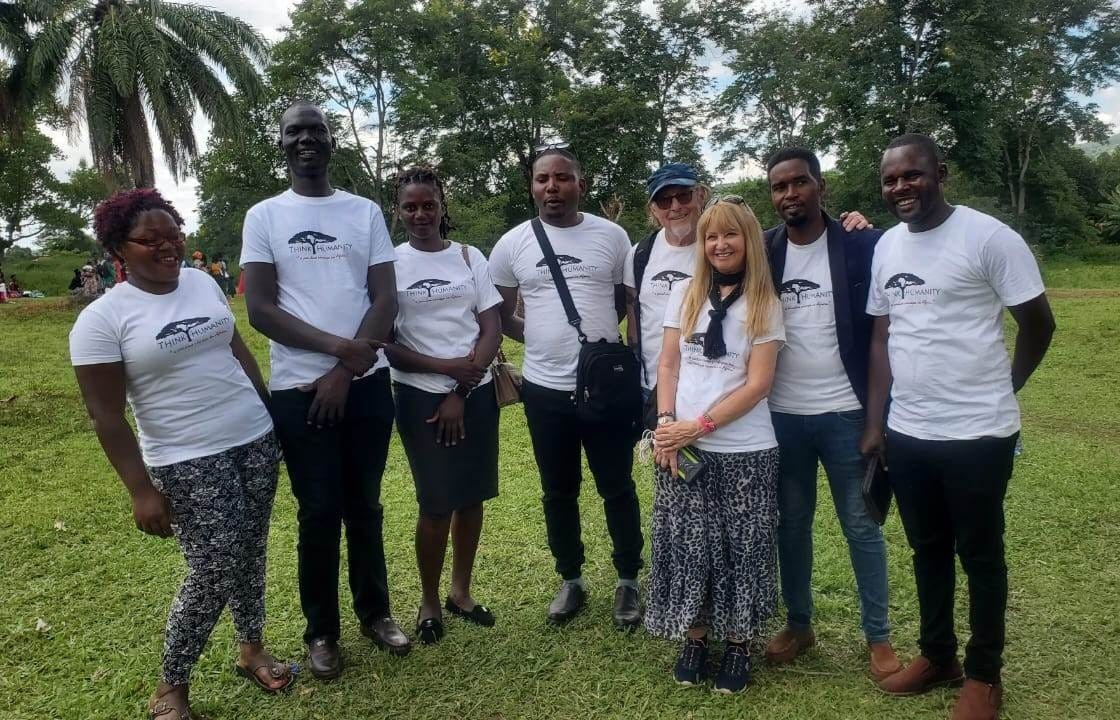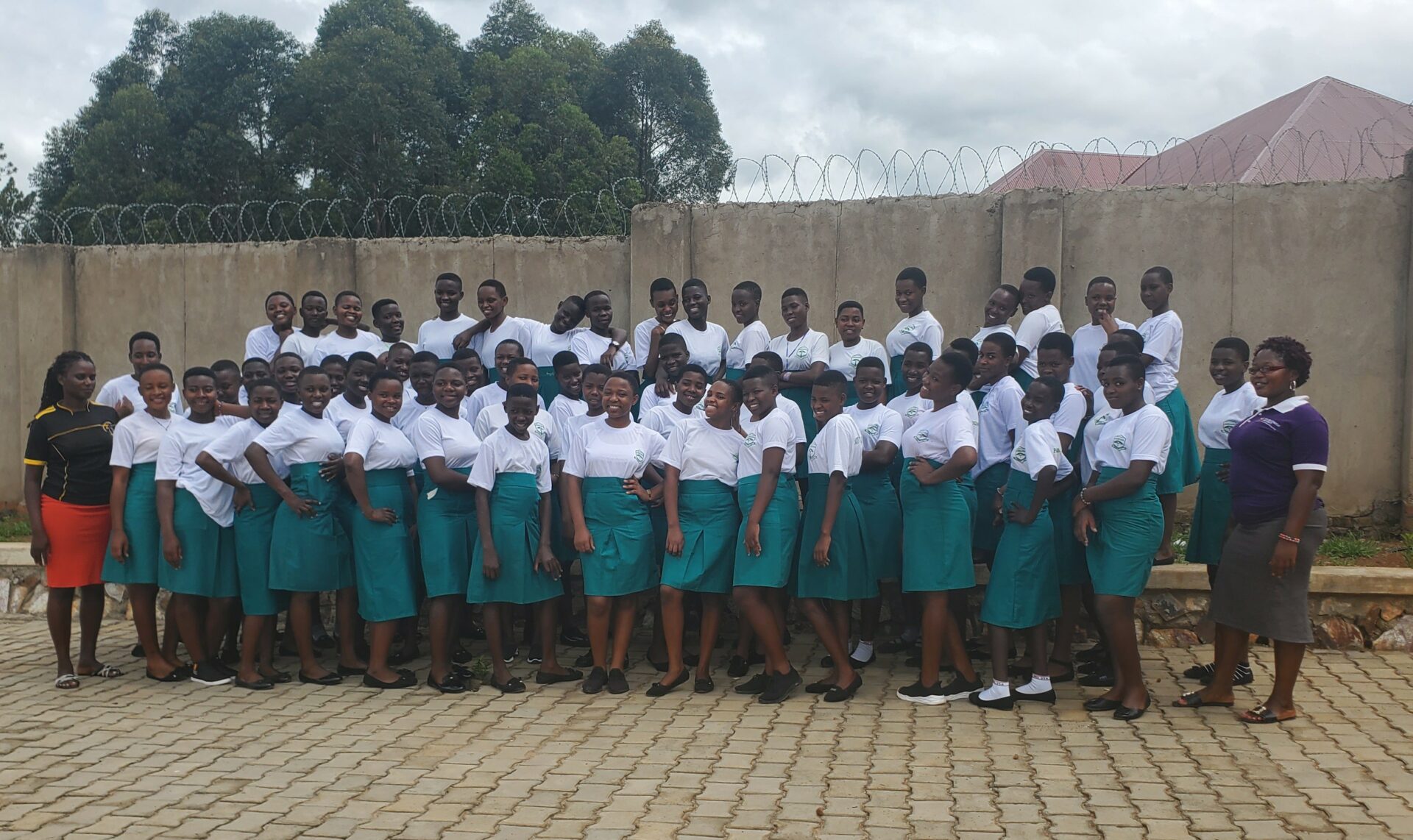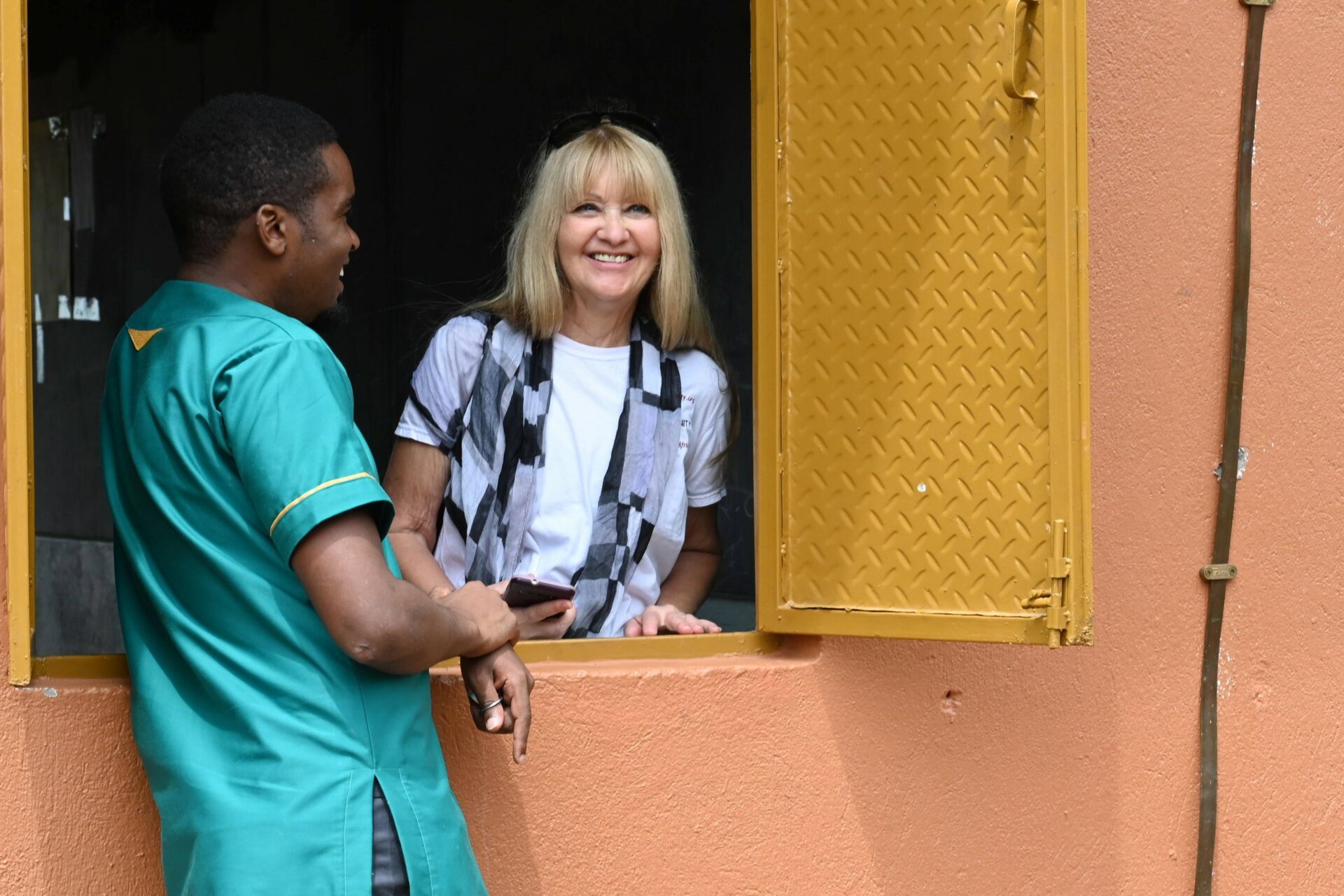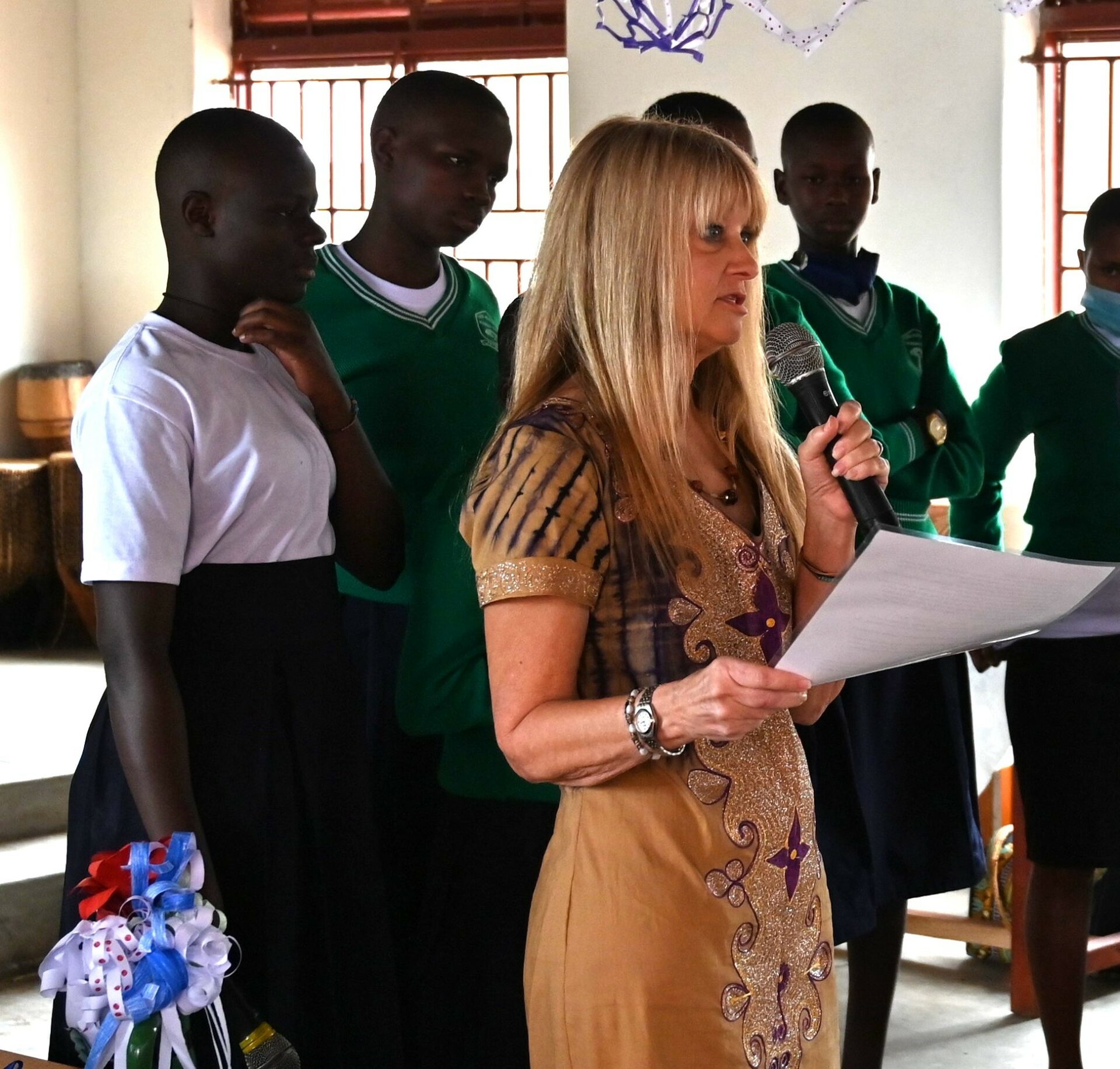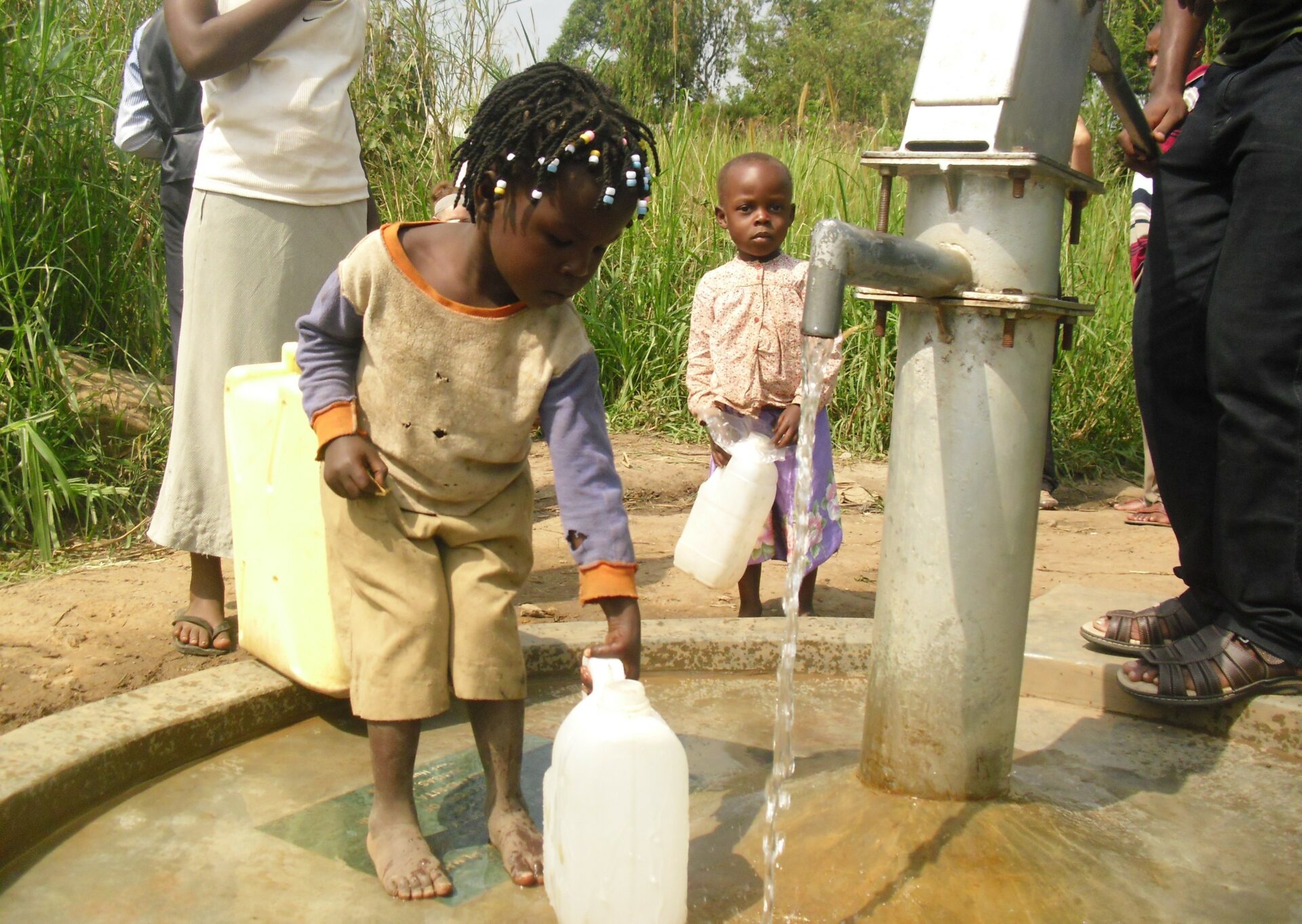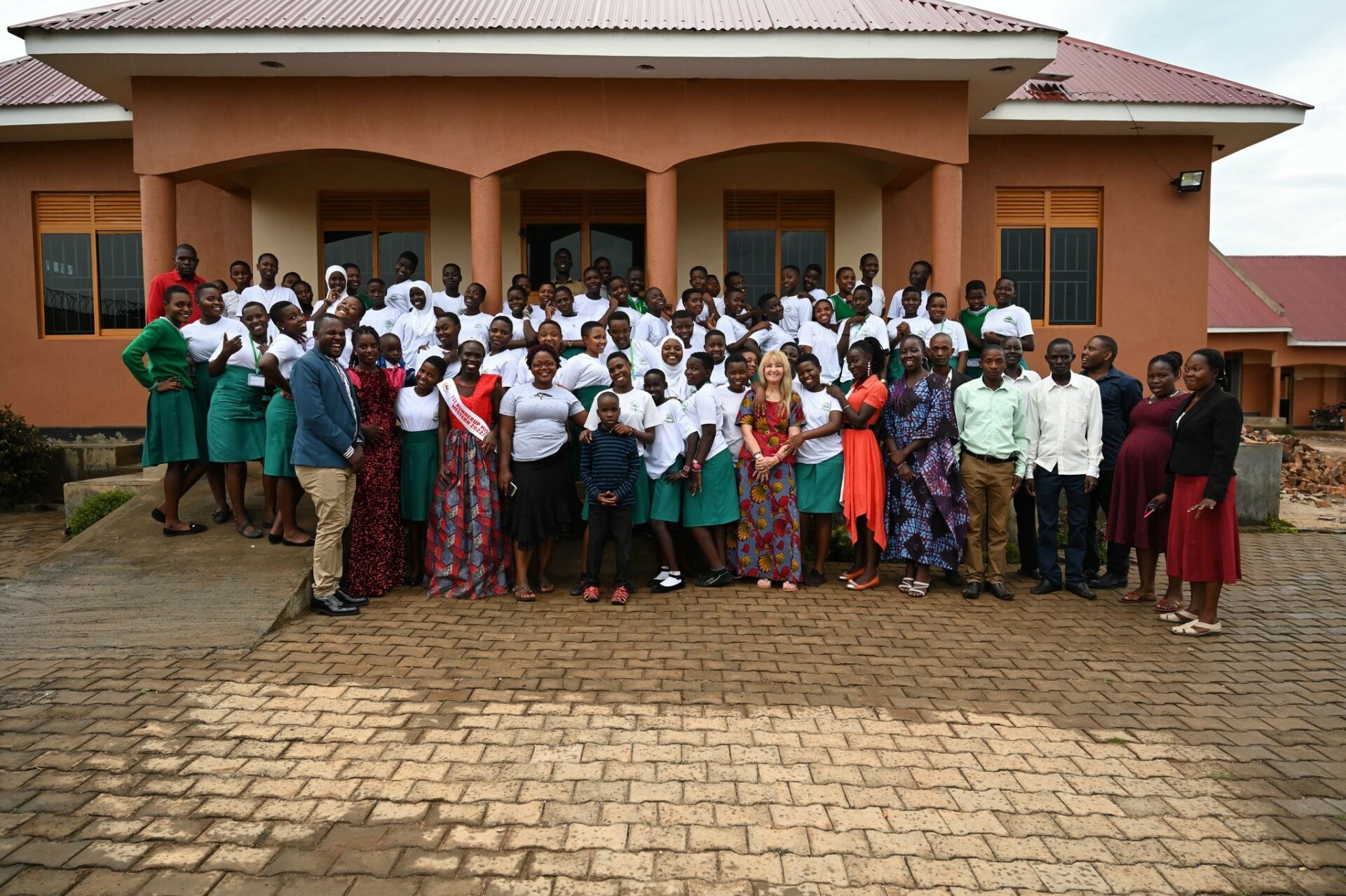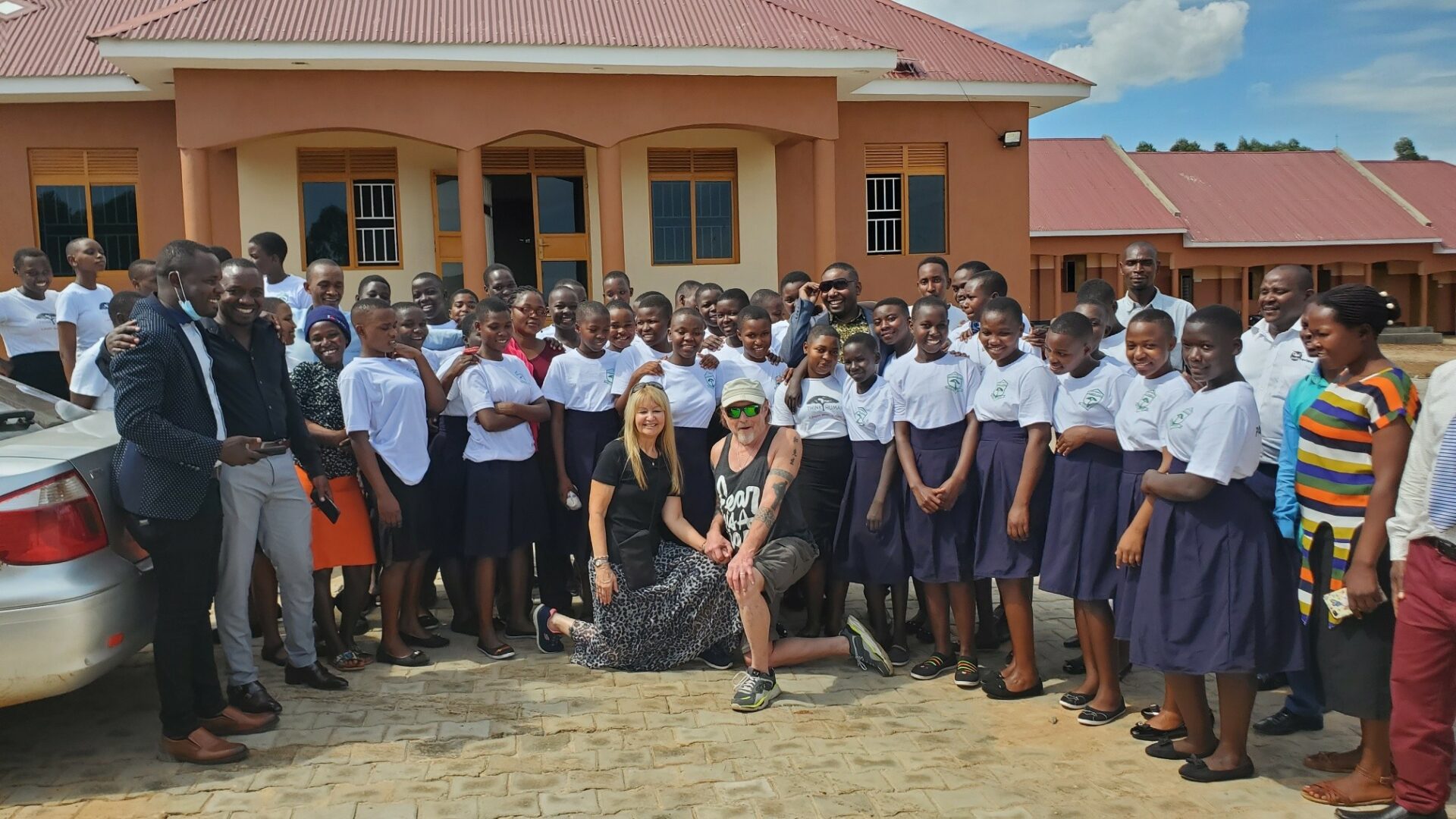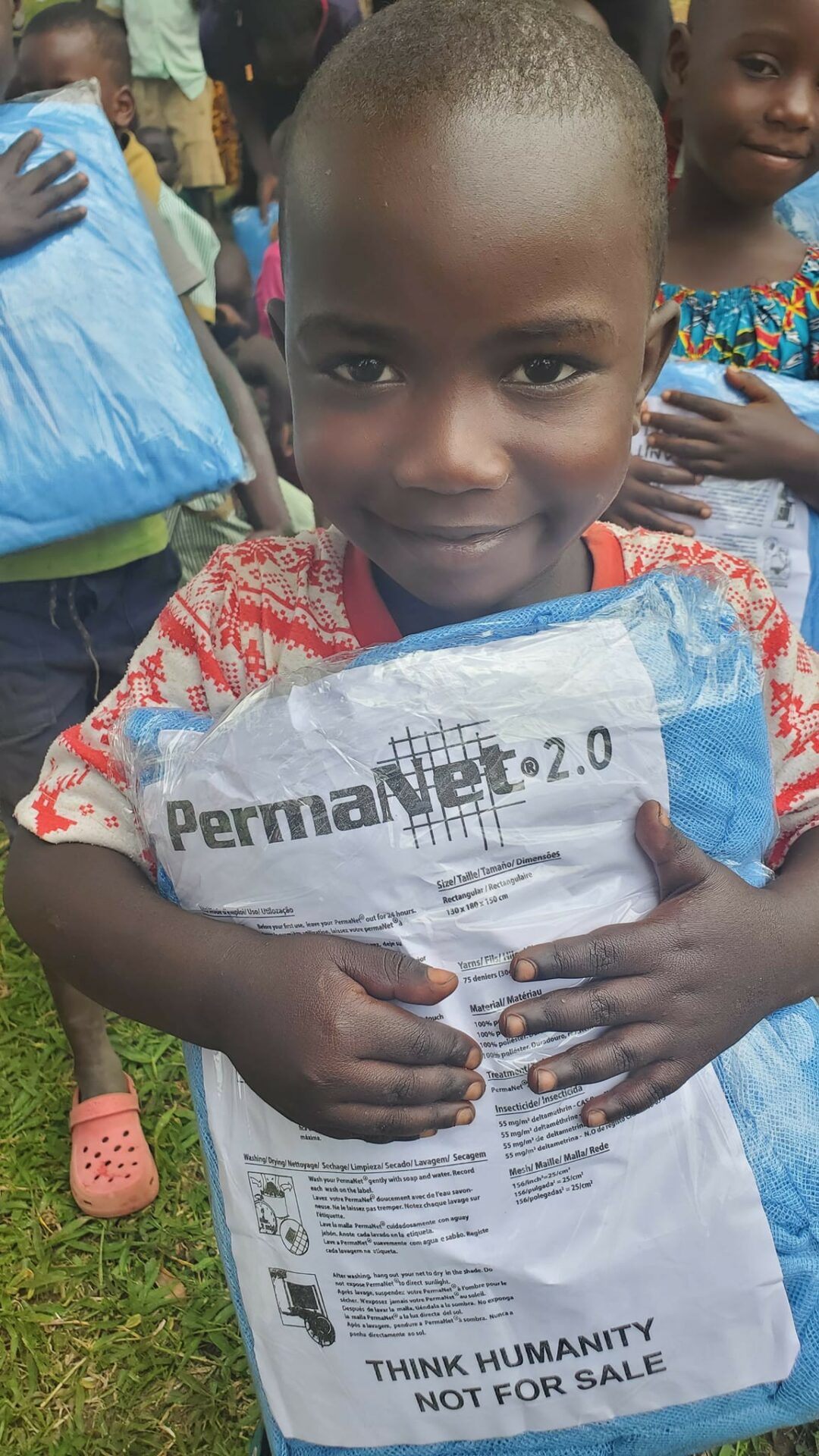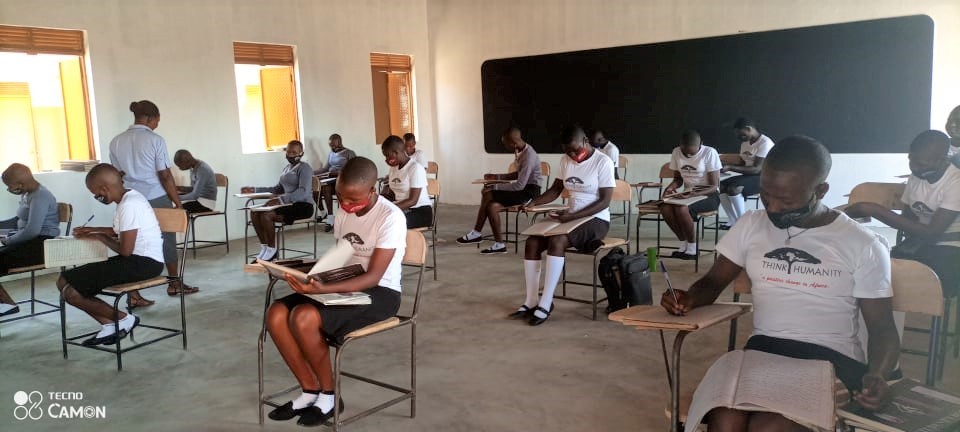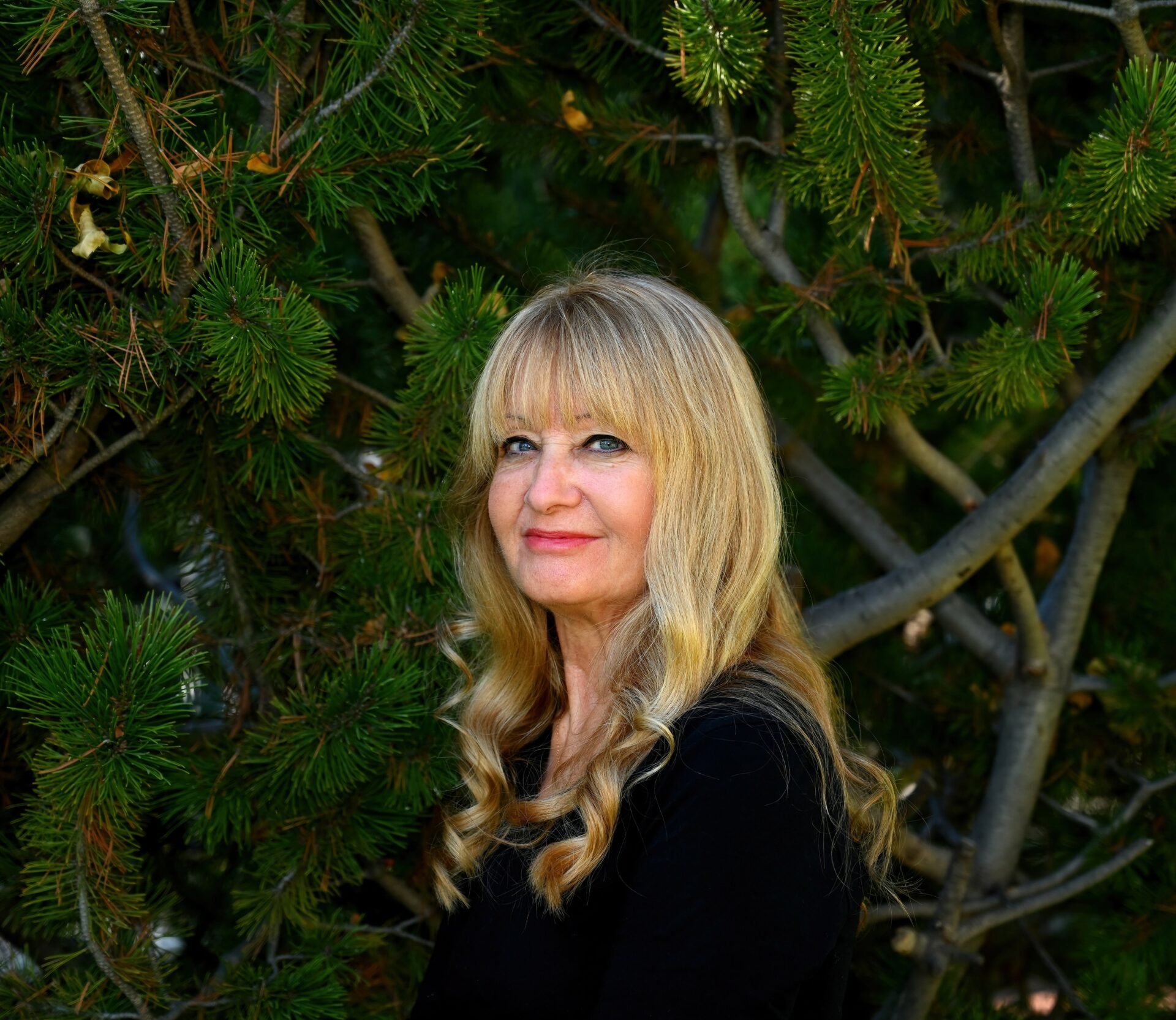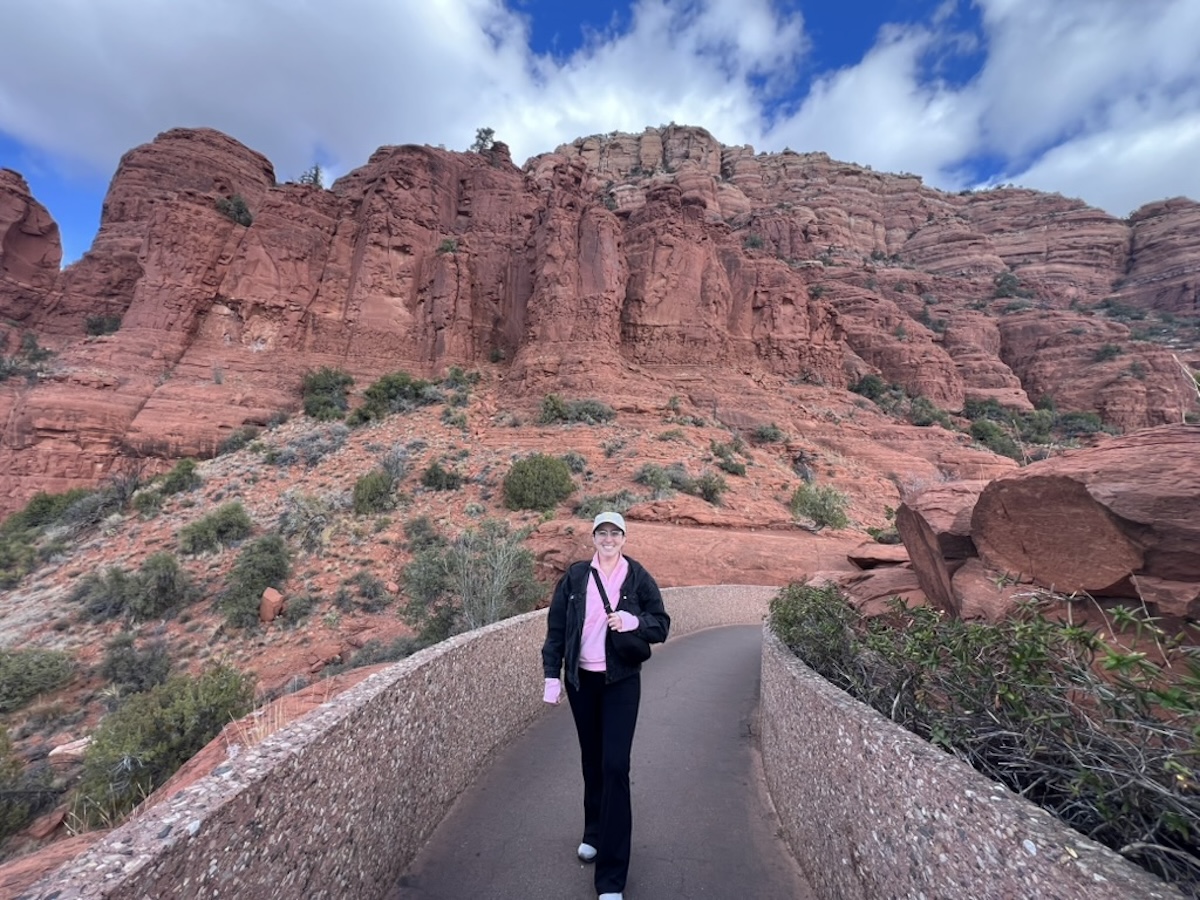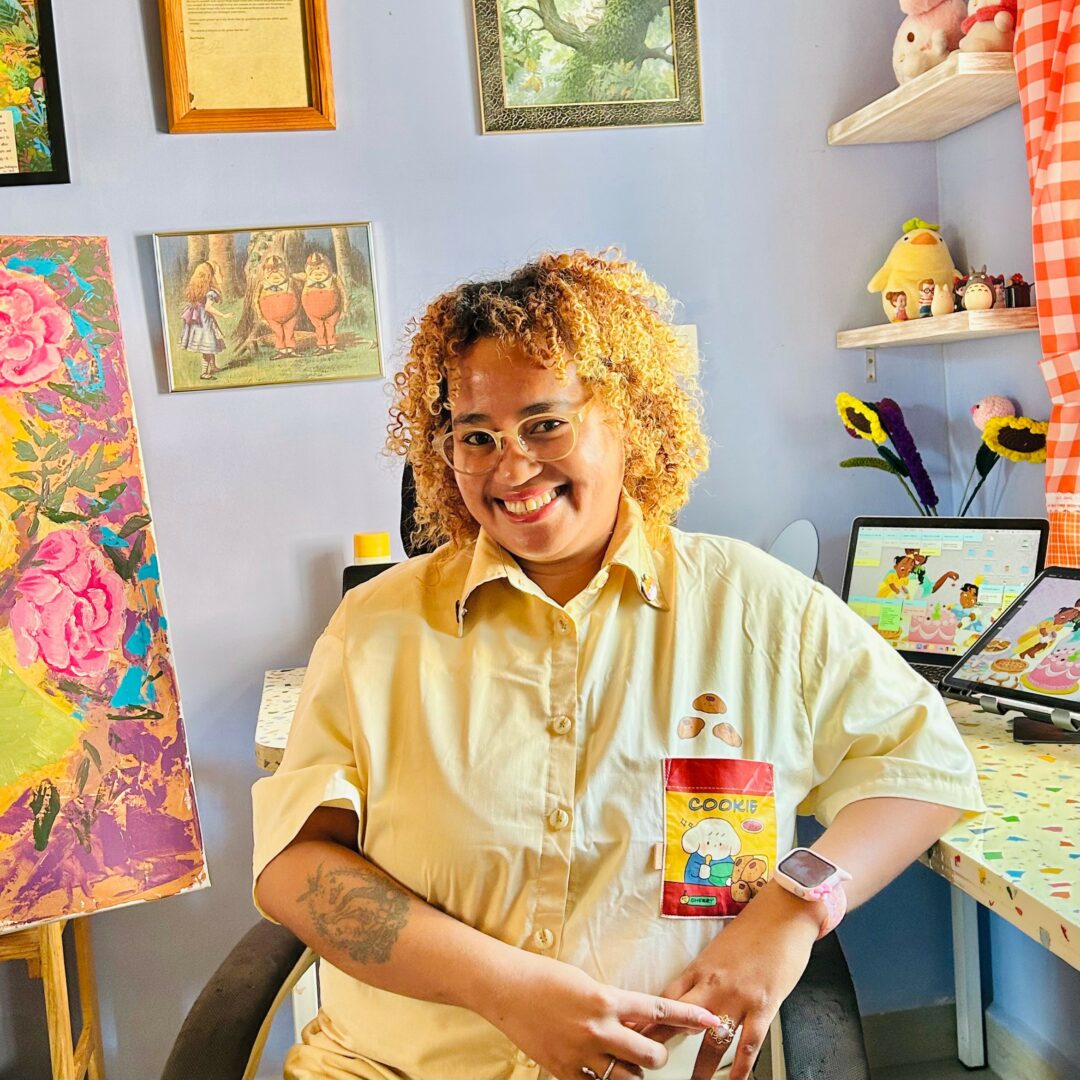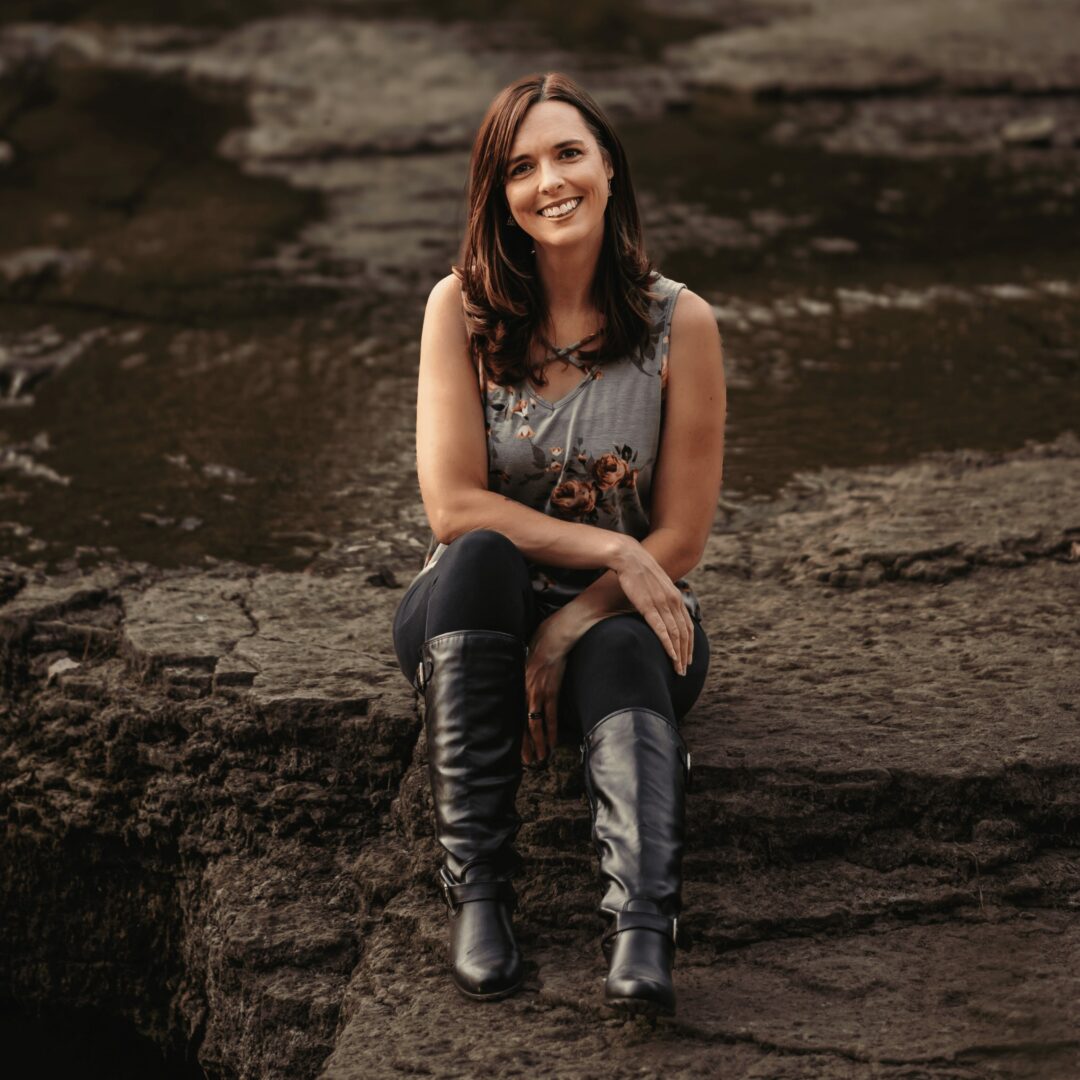We’re excited to introduce you to the always interesting and insightful Beth Heckel. We hope you’ll enjoy our conversation with Beth below.
Hi Beth, great to have you with us today and excited to have you share your wisdom with our readers. Over the years, after speaking with countless do-ers, makers, builders, entrepreneurs, artists and more we’ve noticed that the ability to take risks is central to almost all stories of triumph and so we’re really interested in hearing about your journey with risk and how you developed your risk-taking ability.
In 2007, I visited Uganda with my daughter, a journalist. She took me to a UNHCR Refugee Settlement Camp in western Uganda. I grew up in a town of 2,000 people, mostly farmers. There were not a lot of risks growing up and I was not interested in taking them. Speech day meant losing sleep for a week in fear of standing in front of others. I practiced for weeks for cheerleading tryouts, sat in the line to tryout and about halfway through, I got out of the line.
Going to Uganda was out of my comfort zone, but I was excited to go. Once I met the people and saw the needs, all worries of risks were taken over by love and compassion.
Appreciate the insights and wisdom. Before we dig deeper and ask you about the skills that matter and more, maybe you can tell our readers about yourself?
I started a nonprofit, Think Humanity, Inc., in December 2007 after visiting a refugee camp in Uganda. We began by taking a few children to school outside of the refugee camp. Once we learned about malaria, a disease caused by a mosquito, we began purchasing mosquito nets. We started with a dozen or so at a time, but our support grew until we were able to provide hundreds of thousands. We also partnered with an engineer in the region to begin providing clean water to villages by constructing wells.
While all those health care issues were so important and we saw the joy in it, we saw the need for teen girls to be educated. After talking to many girls, I heard stories about rape and forced early marriages. Parents said that their daughters did not need an education. Once a girl reached a certain age, many were “sold off” in unwanted marriages.
We began bringing girls from the refugee camp and from within Uganda and putting them in school. We rented a building so that all girls could live together safely and walk to a nearby school during the day.
I was told that it would not work. Parents would come to get their daughters to help their mothers or to force them into marriage. I was determined to prove them wrong. In 2012, we visited different villages and interviewed girls. The girls we chose were from the Democratic Republic of the Congo, South Sudan, Rwanda, and Uganda. They became like sisters, regardless of tribal wars and what they were told as children.
Each year we hold a Women’s Leadership Summit with a different topic, and we host a local female leader as the speaker. When the girls are given questions or hands-on leadership exercises, they would blow us all away. They especially do well when working in teams.
In 2019 we purchased land and began constructing a school. Our school sits on top of a hill just outside of Hoima, Uganda. The Think Humanity Secondary School began in January 2022. Our girls are either refugees, orphans, or come from a family situation where education is not an option.
While establishing a school in another country has been challenging, the benefits that we provide to these girls are life changing. We have past graduates that have started their own businesses or are working professional jobs.
We have hired one graduate as a literature teacher, another in procurement working with our finance manager, another graduate used her sewing and business skills to begin her own tailoring business. We hired another graduate as our chef and another as a nurse.
It is obvious that we are making changes to the region through girl education.
I feel that we are unique. We are not aware of any other school for girls that pays all their educational expenses, holds a leadership summit, allows the students to stay year-round due to their safety concerns and hires graduates that we educated to work for us.
Once educated, these girls can return to their villages and decide on their own households, change their communities, and contribute to the economic future of their region.
If you had to pick three qualities that are most important to develop, which three would you say matter most?
Looking back, I feel that there are different experiences that have helped me to become a director of a nonprofit in Uganda. I have always been interested in helping others and have volunteered all my life. To receive something financial in return was not important, because I believe that helping others is the reward.
I had also worked several paying positions in nonprofits before starting Think Humanity. This gave me experience. At the time, I did not realize that this was in my future, but looking back, it lined up perfectly.
My advice to those wishing to start a nonprofit organization would be, that challenges and mistakes are there to teach us how to become better. If having a nonprofit only went smoothly, then I would have quit years ago. Learn from your lessons and grow stronger. Get experience, volunteer, do not expect to get paid and never give up when challenged, but learn from it. I have the word “courage” tattooed on my arm. This is to remind me to be strong and courageous because I am not alone.
Before we go, any advice you can share with people who are feeling overwhelmed?
Feeling overwhelmed happens often. I did not dig deeply into all our projects, the team that I manage, being a woman working in a patriarchal country, and more. It isn’t easy to find volunteers, and we have many monthly fixed costs. It is stressful. Leaving my desk means that the work and responsibilities only pile up. It is good to walk to the other room where the handmade products are located. These items are made by internally displaced women in Uganda, and we purchase from them and sell them in the USA. I can go in there and package, tag, get creative, and prepare them for sales. While it sounds like more work, it actually feels good to do something with my hands other than using a laptop. What I love to do the most is to be out in nature. Being from Colorado, it is easy to find nature. Spend a day in the mountains, take a walk along the river, take pictures of sunsets, just to see the beauty and put the stress of the day aside.
Contact Info:
- Website: https://thinkhumanity.org/
- Instagram: https://www.instagram.com/thinkhumanity/
- Facebook: https://www.facebook.com/ThinkHumanityInc
- Twitter: https://twitter.com/ThinkHumanity
- Youtube: https://www.youtube.com/channel/UCIOhM28muc5J9jgzUJ7NEiw
